I visited the grounds of the Rochester State Hospital back in 2014. I knew the beautiful Kirkbride building had been demolished decades ago, so my objective for the day was to find the cemetery. I’d only found a vague description of how to find the cemetery, which of course, wasn’t entirely accurate. It took me to the parking lot for Quarry Nature Center. I didn’t realize that a majority of the grounds of the old state hospital — including the cemetery — lies within the nature center.
After looking at a satellite map, I found a parking lot that was much closer to the cemetery. A Little League baseball tournament was happening in the fields across the street from the trail I was hoping would take me to the cemetery. As I darted between the little athletes, I saw a sign that told me I was heading the right way.
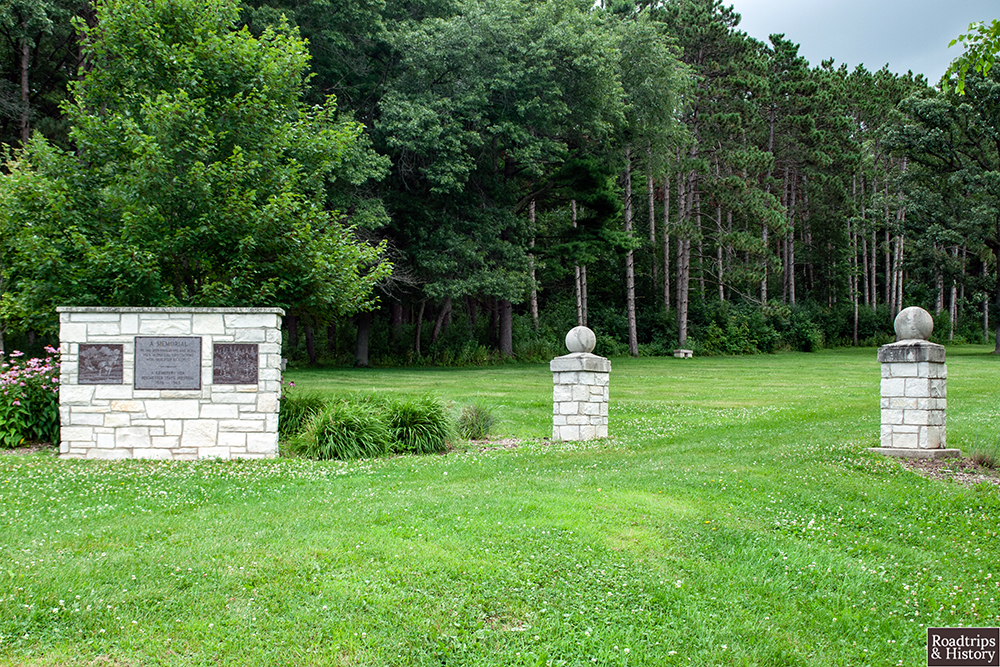
The cemetery is located just off of a paved path. It’s well marked and cared for today, but that hasn’t always been the case. The upkeep of the cemetery wasn’t excellent as recently as 2005. Before that, grave markers had been found tossed into the woods that surround the cemetery. Even in death, these people weren’t given the respect they deserved.
The asylum began as a facility to house and care for an increasingly problematic group of residents — “habitual drunkards.” Just after construction on the hospital began in 1877, a more urgent need was brought to the government’s attention. The St. Peter Hospital for the Insane was becoming overcrowded and unmanageable.
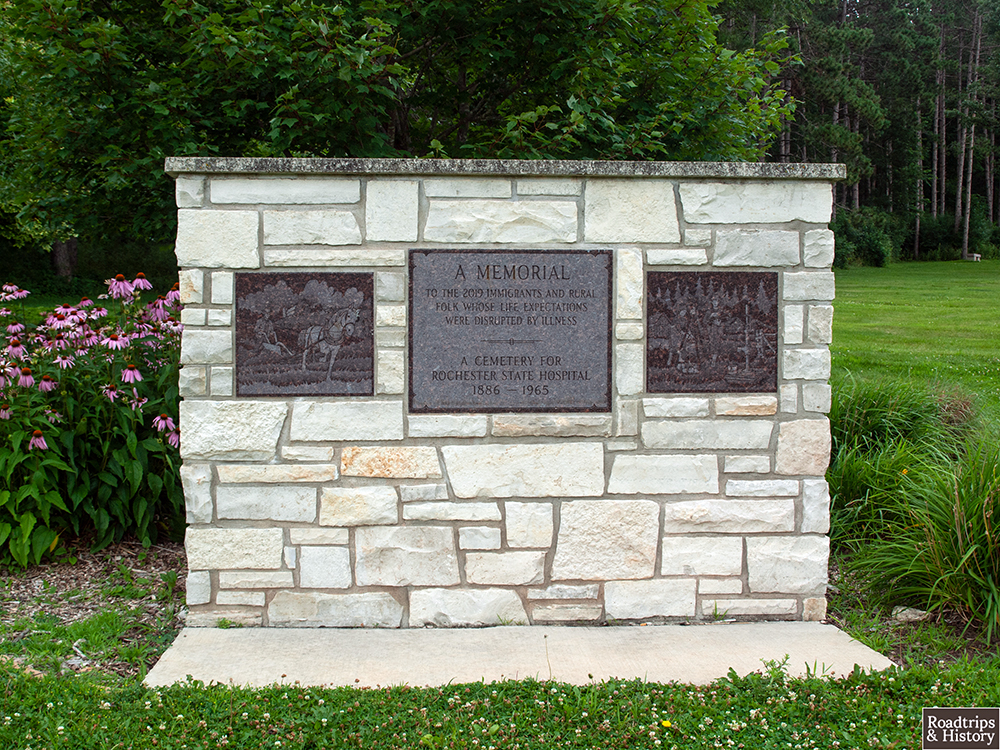
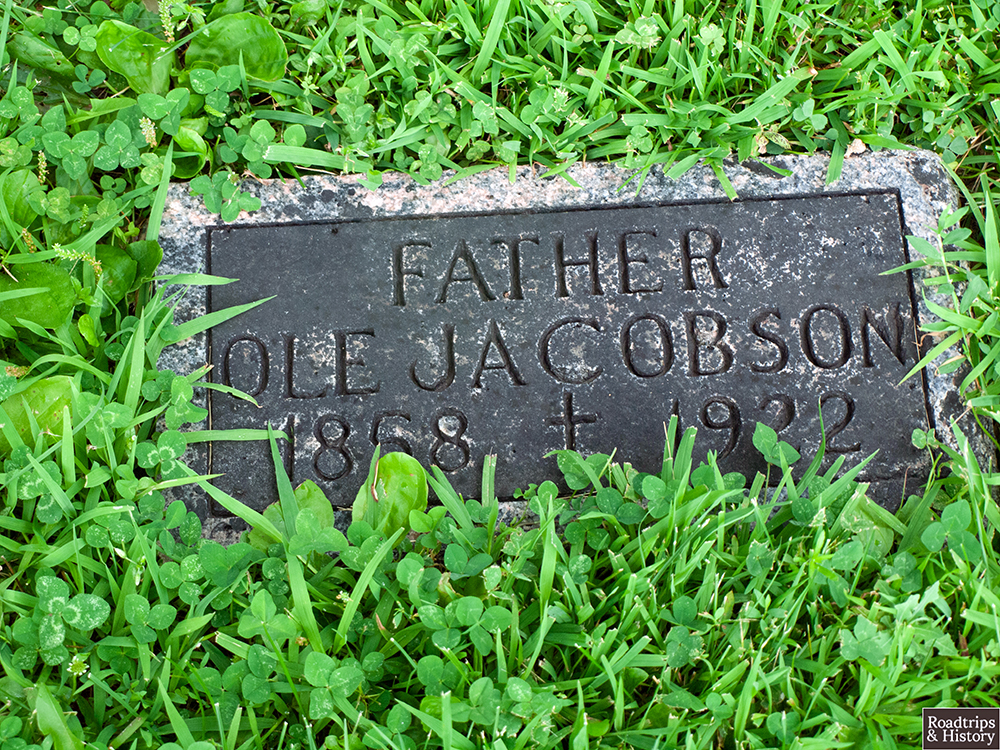
In an attempt to ease congestion, the state legislature repealed the alcohol tax that funded the Rochester Inebriate Asylum construction. Instead, the building became the Second State Hospital for the Insane. A portion of the new State Hospital would be used to house and treat chronic alcoholics. Still, most of the facility would be used for people who needed help with mental illnesses.
As I walked row after row after row of the cemetery, I was amazed at just how many graves there were. Between 1886 and 1965, 2,019 patients were buried here — their bodies unclaimed by family or unable to be returned to their loved ones. Most were laid to rest in wooden caskets made by other patients then placed in graves marked only by a wooden cross in the early days or concrete puck with a number on it later on.
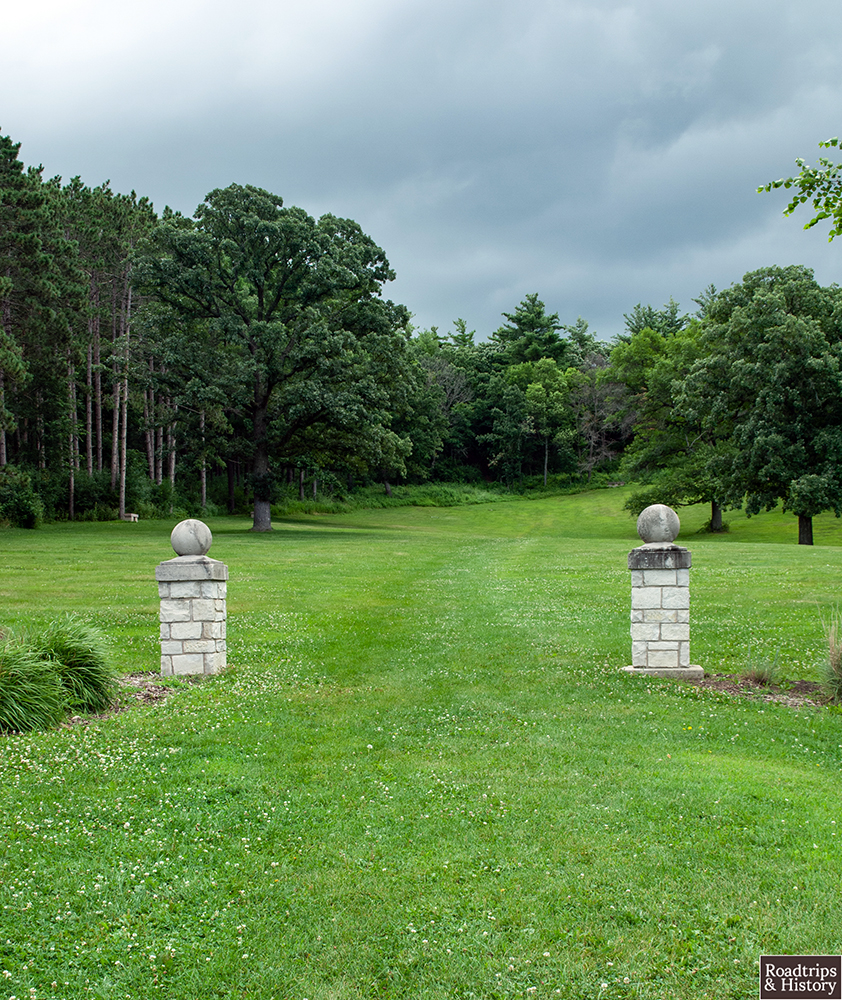
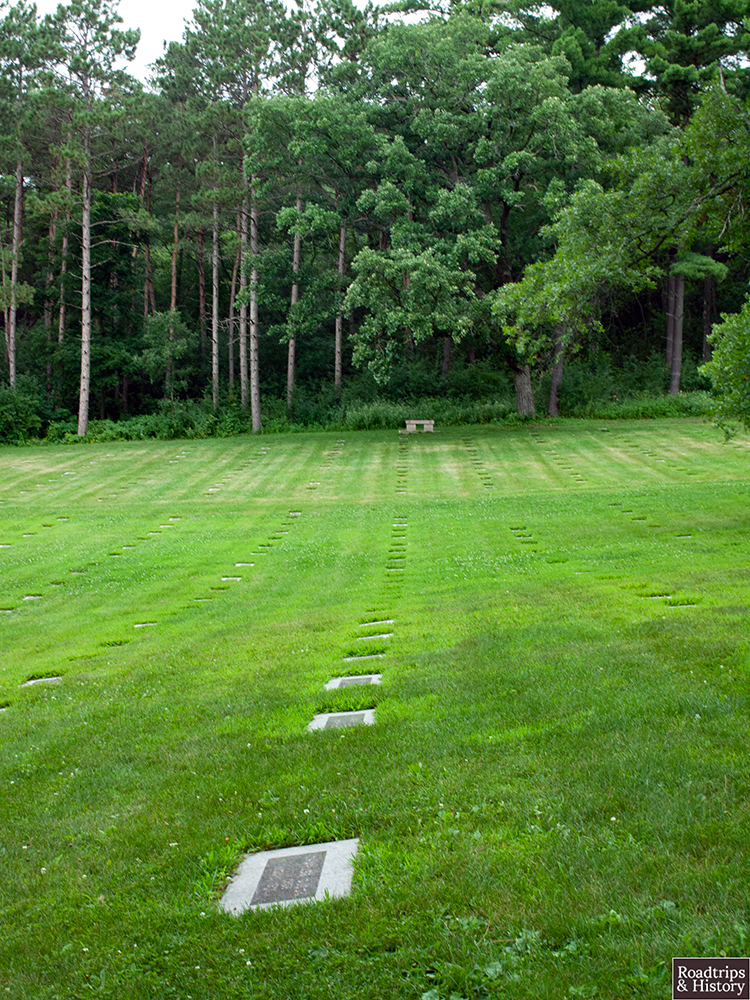
The state hospital closed in June 1982, and the cemetery became overgrown and nearly forgotten. In 2007, Remembering with Dignity began raising money to give each person buried there a headstone. When I visited, some of the headstones had already been placed by volunteers. By 2016, headstones had been placed at each grave. ?
Click here to read my article about the Rochester State Hospital over at Forgotten Minnesota.
